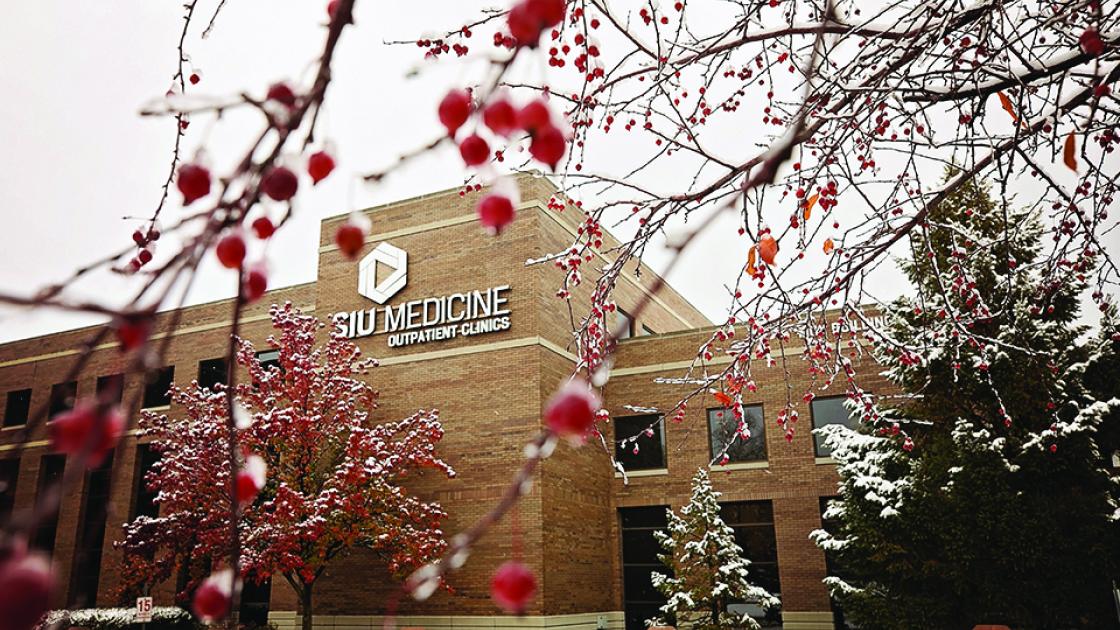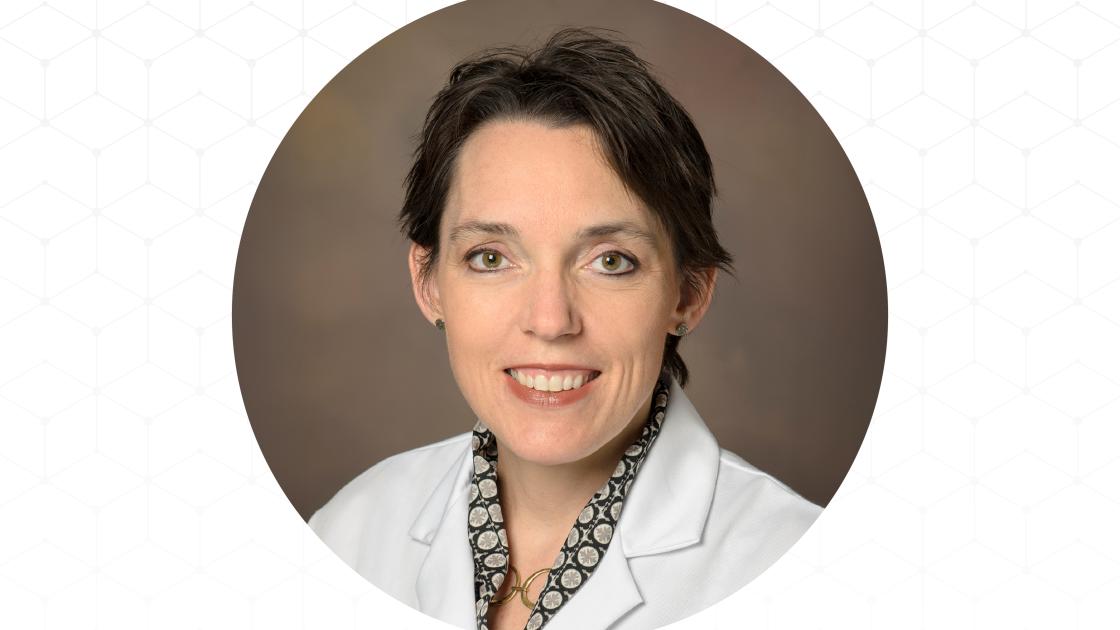
A "Little Leap" to Boost Babies' Brain Power
Between birth and age 3, a child’s brain undergoes an impressive amount of change. The brain doubles in size in its first year, and by three, it reaches 80 percent of its adult volume. This period of a child’s life is the most important for brain development—and it’s inspired a new project from SIU Medicine’s Office of Population Science and Policy.
Hillsboro Area Hospital serves as a community center, routinely hosts community events, houses a gym and has a day center within the confines of the hospital walls. Partnering with physicians, academics, early childhood workers, educators and public health officials, the program at SIU has started efforts to use these structures to build baby-brain friendly practices designed to improve the developmental outcomes of vulnerable children. With children from a wide variety of income levels, the Little Leaps program is working to develop ways to increase parent engagement with the center and their children. “That’s really what enhances brain development,” says Jeanne Koehler, director of the Academy for Scholarship in Learning and an assistant professor of Medical Education at SIU School of Medicine.
The group is already seeing increased parent engagement. This year’s parent-teacher conferences were most attended ever. The program is also looking to ensure children are connected to necessary interventional services if a developmental delay is discovered. “That’s why we wanted to do this in a hospital setting,” Koehler says. “We would hate for a parent to realize there are developmental issues and not have access to the resources they need.”
Through parent engagement and interventional resources, the program hopes to maximize development during this crucial period. “At this age, it’s very flexible and all the networks are starting to form, so the more you can get these networks fired up and being active, you’ll have lasting development,” Koehler says.
The program will track the same group of children at Hillsboro Area Hospital’s daycare over the next two years. “Then we can learn more about how to help them with early success and figure out what kind of interactive and play-based things they might need more exposure to,” Koehler explains. “We can get in there and give them more activities and more things to learn that strengthen those areas. We try to capitalize on that fast growing brain so it can have a lasting impact.”



